Studying abroad opens the door to new opportunities, such as obtaining an international diploma, practicing languages, developing independence, and acquiring useful contacts. However, choosing a university can be overwhelming because there are so many countries and opportunities.
Europe has long been recognized as a global center of education. Its countries are renowned for their prestigious universities and well-established academic traditions. Against this backdrop, Nicosia is a rising star. It's no surprise that it's also called "the brightest capital of Europe."
First, let's look at the most popular European countries for studying and see how Nicosia compares and what the Cypriot capital has to offer applicants. If you're ready for a short trip, let's begin!
Germany
Germany is the birthplace of Albert Einstein and Max Planck and is home to major automotive and technology manufacturers. German education has long enjoyed a positive global reputation. Some local universities are ranked among the top 100 in the world. Most universities offer programs in English, especially at the master's level. On average, German universities attract approximately 400,000 international students each year.
German universities are renowned for their high-quality education and are leaders in engineering and applied sciences. RWTH Aachen, TU Berlin, and KIT are particularly noteworthy as leaders in STEM education.
Keep in mind that spots in some programs, such as medicine, psychology, and law, may be limited, so competition will be fierce. Note that your school certificate must be recognized in Germany. Otherwise, you will have to complete one year of study at a preparatory college. Since many bachelor's programs are taught in German, you will need to pass a language test (TestDaF/DSH) to enroll.
Visa
To obtain a student visa, you must show a blocked bank account with a minimum balance of €11,208 in addition to the basic documents. After graduating, students have the right to stay in Germany for an additional 18 months to look for work or start a business. You only need to submit an application before your student visa expires.
Tuition
Tuition is free at all public universities in Germany, even for citizens of third countries. Students only need to pay an administrative fee of €150–300 per semester. The basic cost of living is €850–1,100 per month.
Accomodation
Places in student dormitories cost around €250–300 per month. Alternatively, you can rent a room and share an apartment with someone else for €300–500 per person per month. A separate apartment or studio costs between €500 and €900 per month.
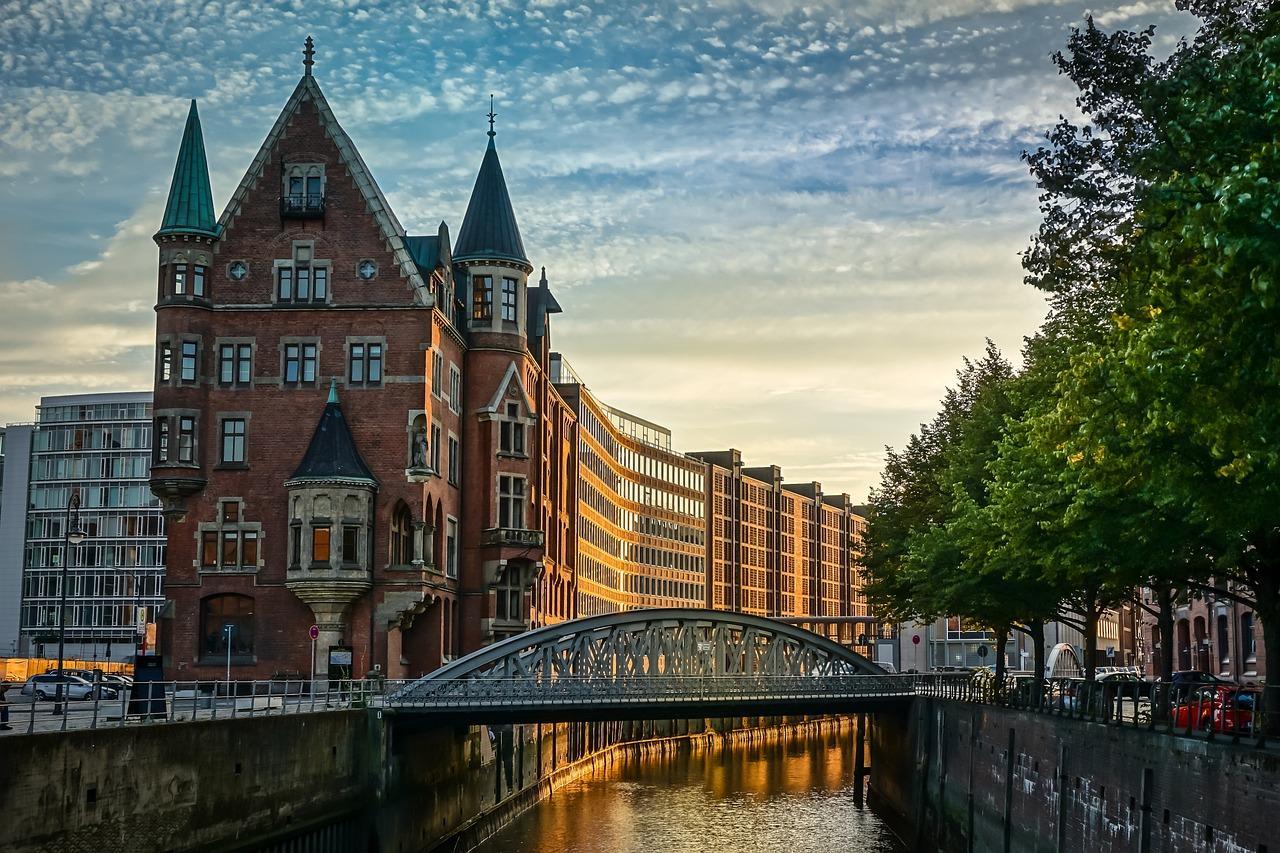
The Netherlands
This country has given the world such outstanding artists as Rembrandt and Van Gogh, as well as the scientist and inventor Christiaan Huygens. Its local universities are renowned for their high-quality education and are among the top 200 in the world. The most popular programs are in engineering, business, law, and the social sciences. The Netherlands also has the highest percentage of English-language programs in Europe, with over 2,000 programs available. You can study for both a bachelor's and a master's degree entirely in English here.
If you are interested in engineering or architecture, consider Delft University of Technology (TU Delft). The University of Amsterdam (UvA) is ideal for social sciences and humanities, while Utrecht University is ideal for studying medicine and the environment.
Visa
Getting a student visa in the Netherlands is not difficult. The university will submit the application for you. You just need to show proof of a bank account with at least €15,600 or a letter from a sponsor.
International students can work up to 16 hours per week during the school year and an unlimited number of hours during holidays. After completing a bachelor's, master's, or doctoral program, students are eligible to apply for a one-year Orientation Year Visa.
Tuition
For EU students, tuition at public universities is €2,530 per year. For students from non-EU countries, a bachelor's degree costs €6,000–15,000 per year.
A master's degree costs €8,000–20,000 per year. Basic living expenses will be €900–1,400 per month.
Accommodation
University housing costs €350–600 per month. Renting a room in a private residence costs €450–900 per month. A studio apartment costs €700–1,200 per month. However, it is important to note that there is a shortage of affordable housing in the Netherlands, particularly for international students.
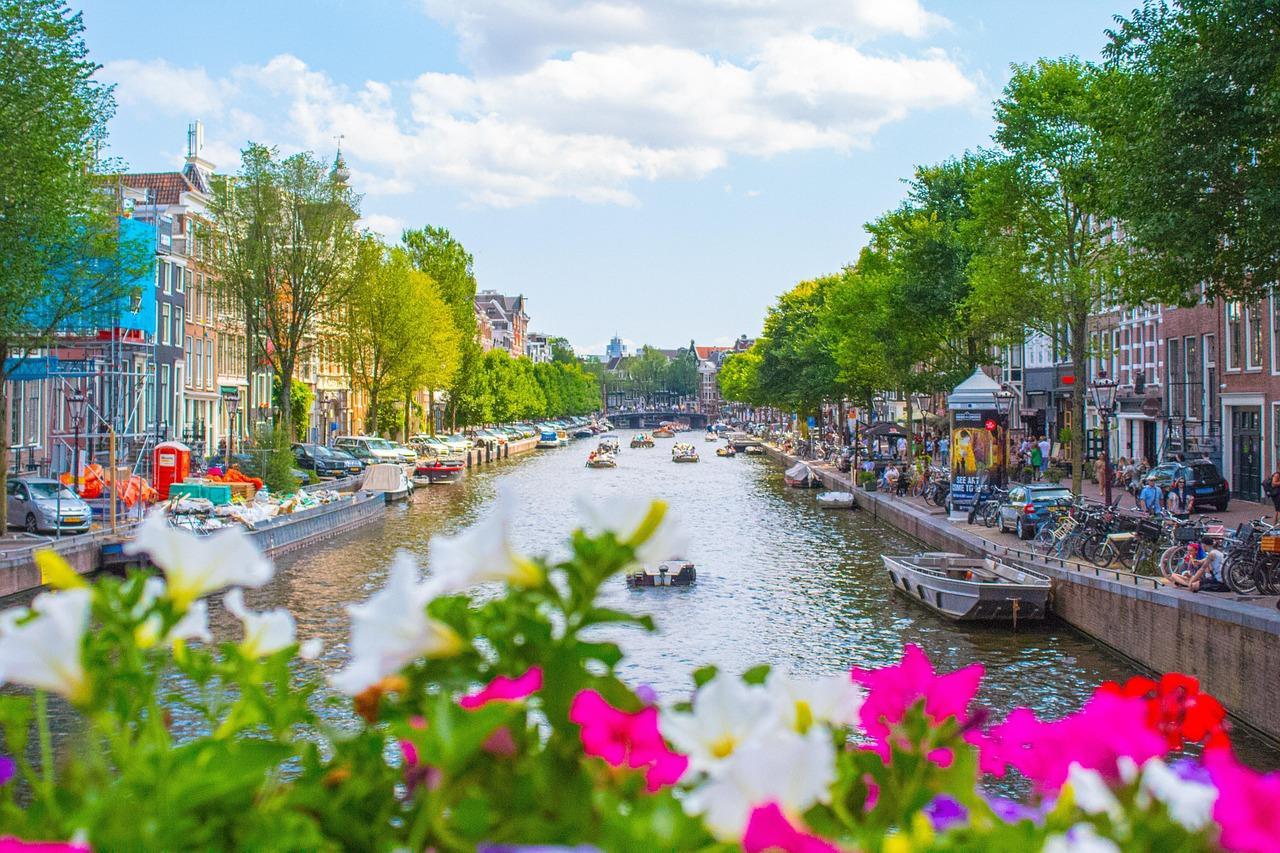
France
France has given the world many scientists and thinkers, including Nobel Prize winners Pierre and Marie Curie, microbiologist Louis Pasteur, and physicist René Descartes. It's no coincidence that its universities have a strong international reputation, particularly in the natural sciences, engineering, arts, and humanities. Many French universities are among the top 100 in the world. The Université PSL (Paris Sciences et Lettres) is particularly notable for its programs in the natural sciences and humanities. École Polytechnique is renowned for its exact sciences, including physics, mathematics, engineering, and AI. Sorbonne University is also famous and offers a wide range of specialties.
Higher education in France is divided into several categories:
- State universities, which offer affordable education to foreigners.
- Grandes Écoles are elite educational institutions with high competition and limited spots.
- There are also specialized educational institutions in fashion, design, architecture, cooking, and pastry making.
Enrolling in bachelor's programs at public universities is not difficult, especially for those who speak French. Most public universities still offer their bachelor's programs in French, and only a few are available in English.
Visa
To obtain a student visa for France, you must demonstrate that you have at least €11,208 in your account per year. Students are allowed to work no more than 20 hours per week. After obtaining a master's degree, you can apply for an APS, which is a 12-month visa that allows you to find a job or start your own business in France.
Tuition fees
Tuition at public universities is free for EU citizens. Other international students will pay from €2,770 per year for a bachelor's degree. A master's degree costs €3,770 per year. However, studying at prestigious grandes écoles will cost an average of €10,000–€20,000 per year, and an MBA will cost even more. Basic living expenses will cost €400–550 per month.
Accommodation
A room in a university dormitory costs €150–400 per month. Renting independently will cost €600–900 per month in Paris and slightly less in other cities.

Italy
Not only is Italy the birthplace of outstanding artists such as Leonardo da Vinci, Botticelli, and Caravaggio, but it is also the birthplace of scientists such as the astronomer Galileo Galilei, the mathematician Leonardo Fibonacci, and the inventor Alessandro Volta.
The University of Bologna (UNIBO) is particularly well-regarded for its programs in medicine, humanities, and law. Sapienza University of Rome is one of the largest universities in the country and is renowned for its applied sciences and engineering programs. For architecture and design, consider the Politecnico di Milano. Italian universities offer hundreds of bachelor's programs taught in English. In general, enrolling in Italian universities is not difficult. However, for programs in medicine, architecture, and engineering, you may need to pass an entrance exam.
Visa
To obtain an Italian student visa, you must demonstrate that you have up to €7,000 in savings in your bank account per year. Students can work no more than 20 hours per week. After graduating, you can apply for a job-seeking visa (Permesso di soggiorno per attesa occupazione), which is issued for 6–12 months.
Tuition
On average, a bachelor's degree costs around €2,800 per year. A master's degree costs €1,000–3,000. However, some universities may significantly reduce tuition costs depending on your income and country of origin. Basic living expenses will cost around €470 per month.
Accommodation
University housing costs approximately €150–350 per month. Renting a room in a private apartment costs around €250–500 per month. Renting an apartment or studio on your own costs €500–900 per month.
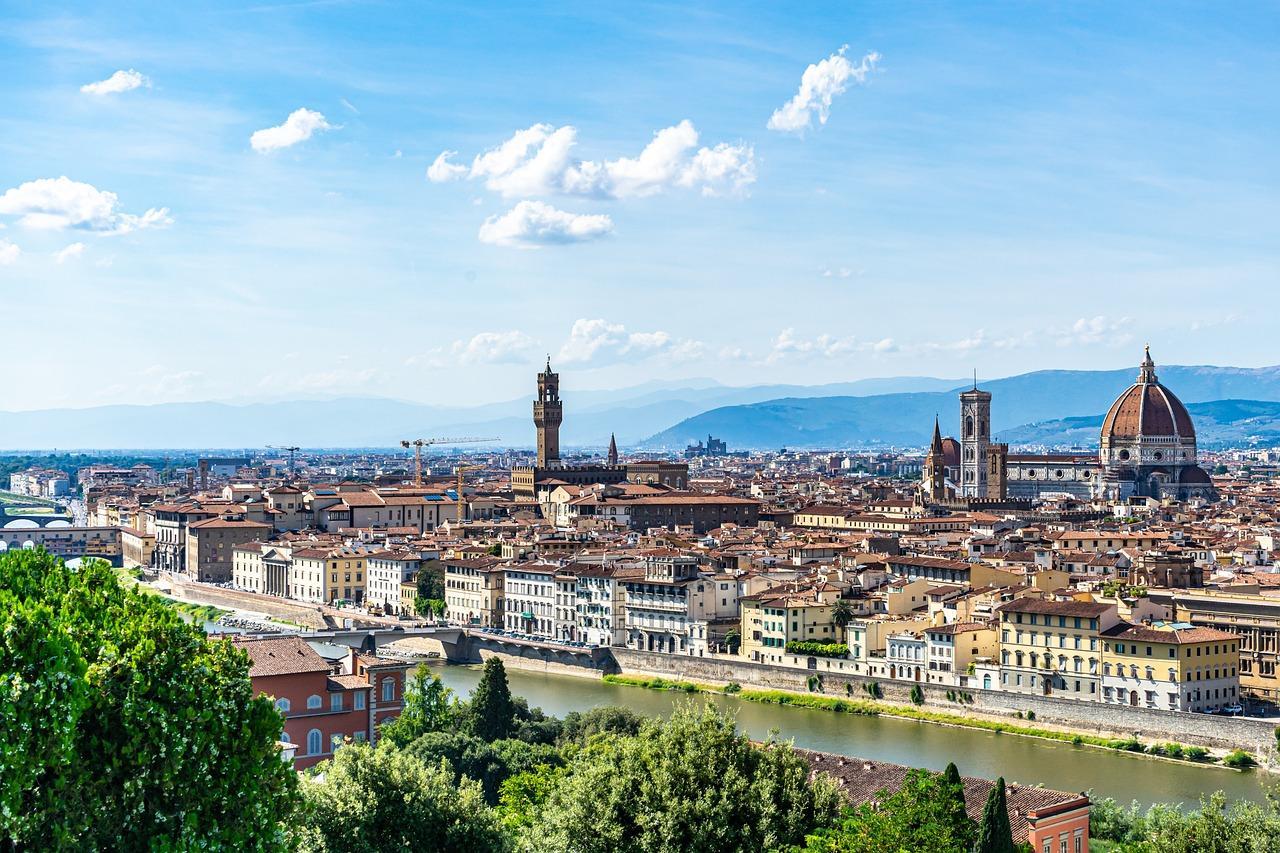
Cyprus (Nicosia)
Nicosia, a city at the crossroads of Europe, Africa, and the Middle East, is remarkable. It is a remarkable blend of different eras, styles, and cultures, past and present. The city is the birthplace of the talented Cypriot architect Neoptolemos Michaelides, leader of the mid-20th-century avant-garde movement, as well as the outstanding physician and philosopher Andrew Nikoelidis, a member of the Royal College of Surgeons. Today, many talented individuals in science, art, and architecture still live here.
Nicosia is not only the administrative and cultural capital of the island but also its educational center. Most of Cyprus's universities are located here. Recently, the capital's universities have made a huge leap, going from being little-known outside the country to being ranked among the top 500 educational institutions worldwide. They attract more and more foreign students every year.
Over the past few years, new campuses and student apartments have been built. Many universities have become research campuses, including the University of Cyprus (UCY), which has approximately 16 state-of-the-art research centers. The University of Nicosia (UNIC) was the first university in the world to accept bitcoin payments for tuition and is a leader in cryptocurrency and cybersecurity programs.
Enrolling in most Nicosia universities is not that difficult. Only medical programs have a more rigorous selection process and greater competition for spots. However, it is advisable to begin the application process at least six months before the start of the academic year.
Visa
To obtain a student visa, you must demonstrate savings of between €7,000 and €10,000 per year, as well as submit a standard set of documents. Students are allowed to work 20 hours per week during the school year and full-time during holidays. However, the permitted activities are limited. After graduating, you can obtain a post-graduation residence permit, also known as a "graduate visa," which allows you to stay in the country for six to twelve months to look for employment opportunities.
Tuition fees
Bachelor's programs for students from third countries cost around €6,000–9,000 per year. Master's programs cost an average of €8,000–9,000 per program. Doctoral programs cost an average of €6,000–15,000, depending on the university and specialization. Basic expenses amount to €300–600 per month.
Accommodation
The cost of a room in a student dormitory ranges from €150 to €300 per month. An apartment in student housing near the university costs €300–600 per month. If you share an apartment, expect to pay around €250–400 per month for a room. Renting a studio or separate apartment costs €400-700 per month.
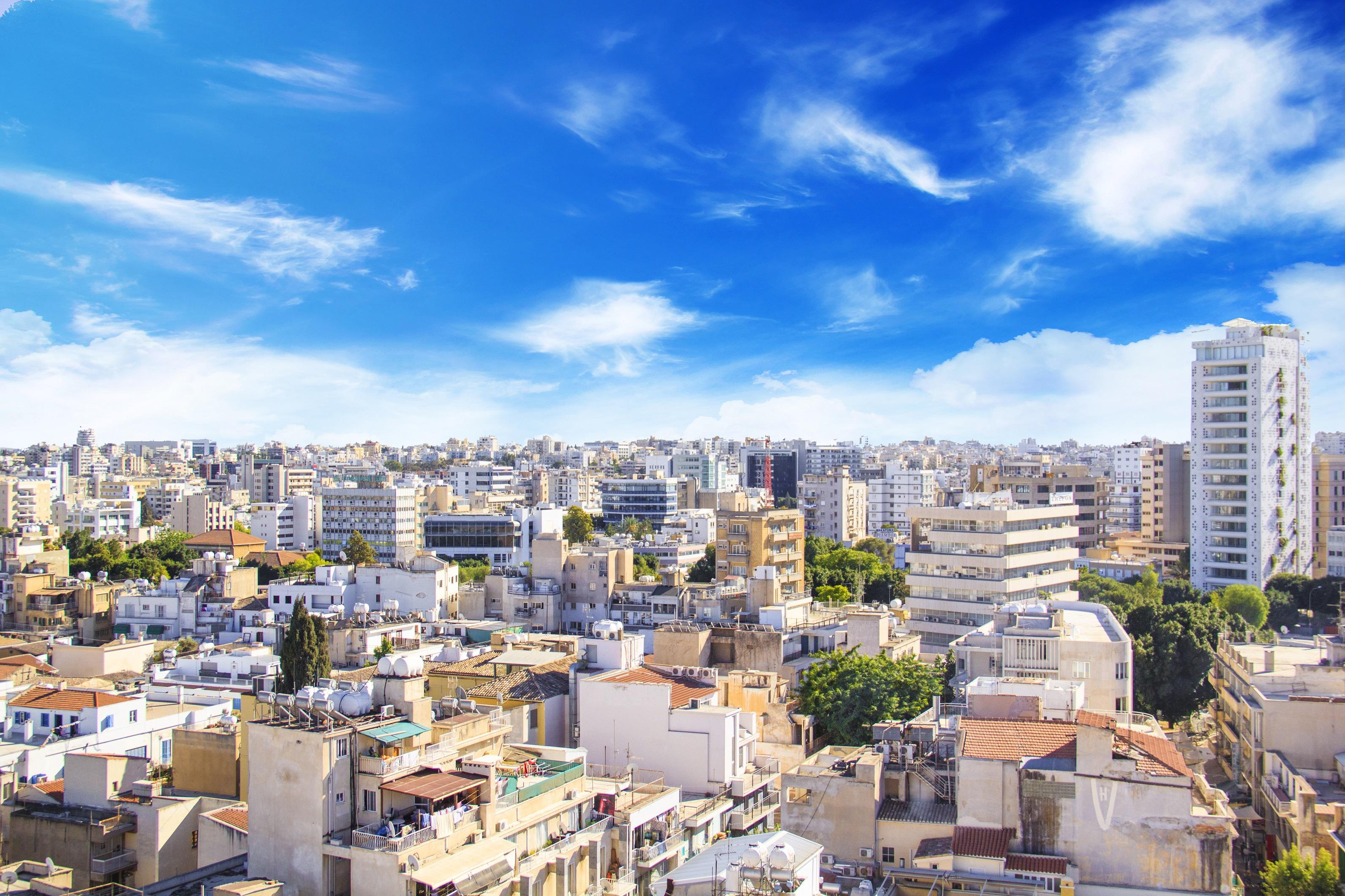
Where is it more profitable to study?
Each of the above countries has its own advantages and disadvantages. However, when all the parameters are considered, education in Nicosia offers the best value for money. We are talking not only about the quality of education, but also the quality of life.
Nicosia may not offer free education to foreigners like Germany does, but there are many scholarship programs that can cover up to 50% of tuition fees. Although local universities are still gaining international popularity, they are already well known in EU countries. Unlike in the Netherlands, there is no shortage of student housing in Nicosia.
Recently, new, comfortable student apartments have been built within walking distance of the main universities. Housing prices are also affordable, comparable only to those in Italy. In terms of quality, however, student apartments in Nicosia are clearly superior. Cyprus's capital is quite compact, and it seems as if the city were created specifically for students. All areas where universities are located are extremely convenient. You will find everything you need for a comfortable student life here. The main advantage of Nicosia, and Cyprus as a whole, is safety. You can safely walk the streets at any time of day or night. Of course, the warm Cypriot climate also plays an important role. It's the perfect place to combine your studies with a stay at a Mediterranean resort.
Tuition at Nicosia universities is quite reasonable by European standards. Compared to universities in the UK, the difference is obvious: studying in Nicosia costs two or three times less. Additionally, the local teaching system is much closer to the British and American systems than those of many other European universities. This helps students adapt more easily to studying and working in the UK, US, Canada, and Australia. This is ideal for those who want to expand the geographical boundaries of their future opportunities.
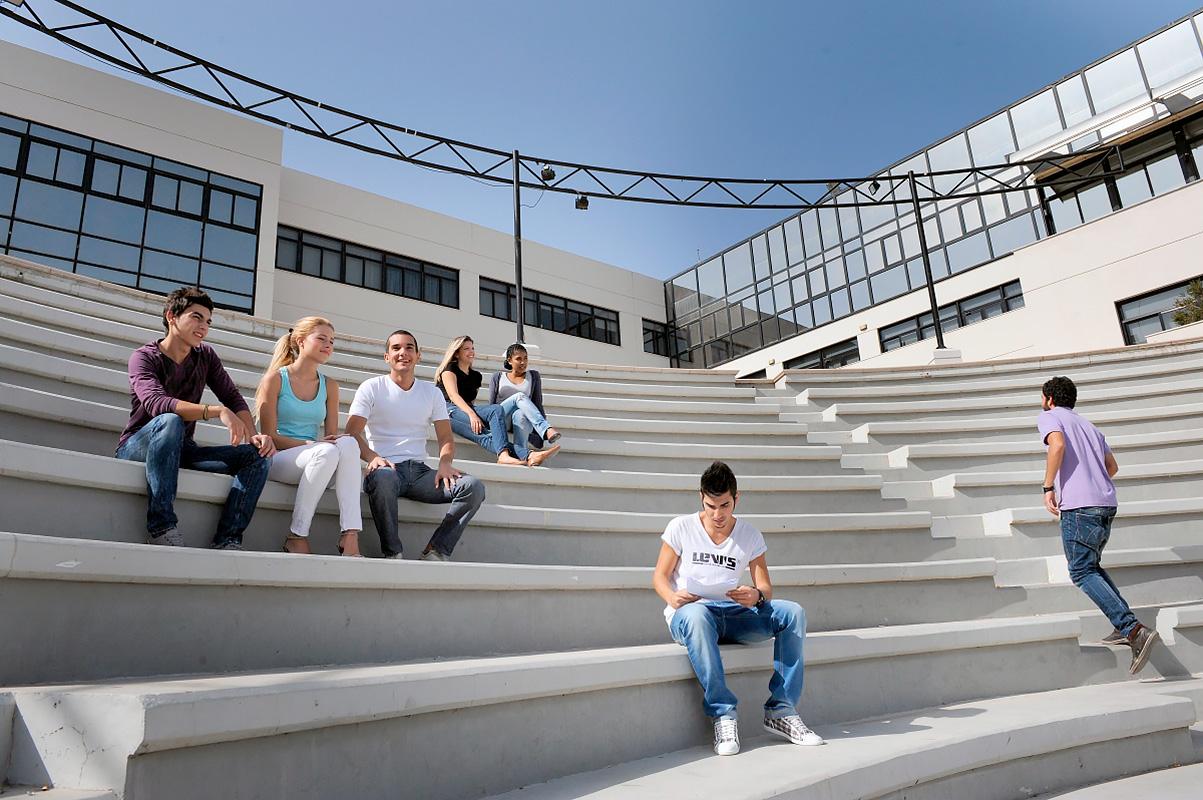
What prospects do Nicosia's universities offer?
Nicosia's universities are internationally accredited by ABET, EQUIS, ACCA, EFMD, and AMBA, and their degrees are recognized worldwide.
They also have close ties with leading universities in Europe and other countries. They are particularly involved in the Erasmus+ exchange programs, which offer study and internship opportunities throughout Europe. Local universities have also signed bilateral agreements with universities in the US, Canada, the UK, Australia, and Asia. It's no surprise that many students use local universities as a stepping stone to continue their education or find work in other countries.
- The University of Nicosia (UNIC) has a joint medical program with St. George's, University of London. Additionally, the UNIC School of Medicine has partnered with American and British medical institutions. UNIC holds regular events in collaboration with Binance and Cardano that focus on educational programs about cryptocurrency and blockchain technology.
- The European University of Cyprus (EUC) is part of Laureate International Universities. The university has close ties with institutions in the US and Germany.
- The University of Cyprus (UCY) has opened a Career Center and Entrepreneurship Hub on its campus. UCY collaborates with major companies, such as PwC and KPMG, where graduates can undertake internships. Together with the University of Kent in the UK, UCY offers a master's program in Intelligent Critical Infrastructure Systems. The KIOS Research Center at UCY collaborates with Imperial College London in the UK.
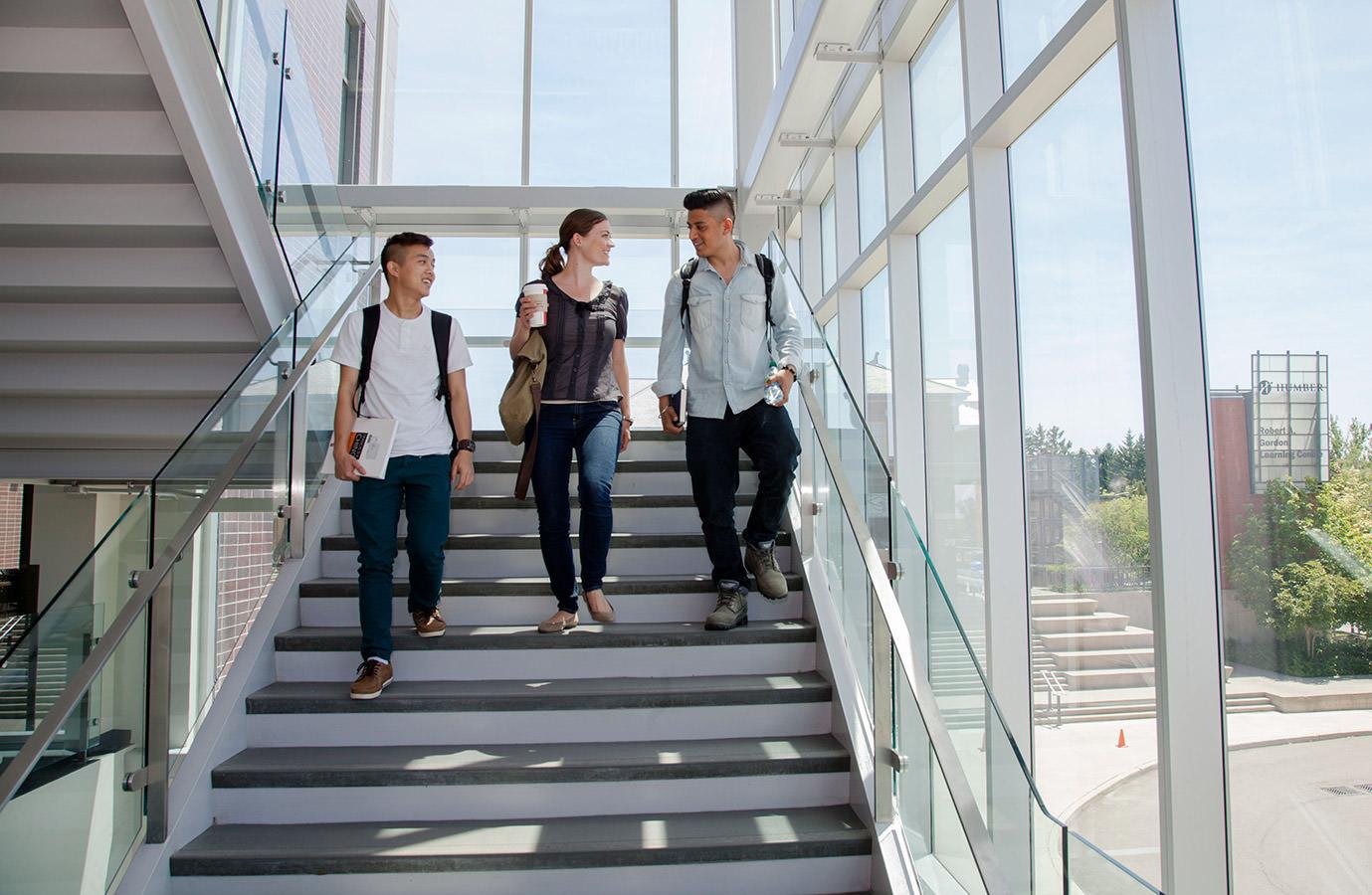
Startup incubators
Several startup incubators operate at Nicosia universities, helping to bring new ideas to life and providing access to funding and mentoring programs. These incubators are open to international students and can help them realize their ideas and possibly start their own businesses on the island.
The University of Nicosia opened the CUBE UNIC Incubator to help bring ideas to life in the fields of fintech, AI, blockchain, and healthcare technologies. The university also hosts the Institute for the Future (IFF), which supports deep tech. UCY hosts the Innovation & Entrepreneurship Hub.
It offers a Young Scholar Entrepreneurship Program for graduates with master's and doctoral degrees. It works closely with the Cyprus Innovation and Research Center (CYRIC) and the European Institute of Innovation & Technology. Together with Young Universities for the Future of Europe, the university promotes startup ideas at various European events.
The EUC has its own business incubator, the EUC Business Incubator. In collaboration with Microsoft, the university opened the Microsoft Innovation Center (MIC), which provides support to startup projects in their early stages.
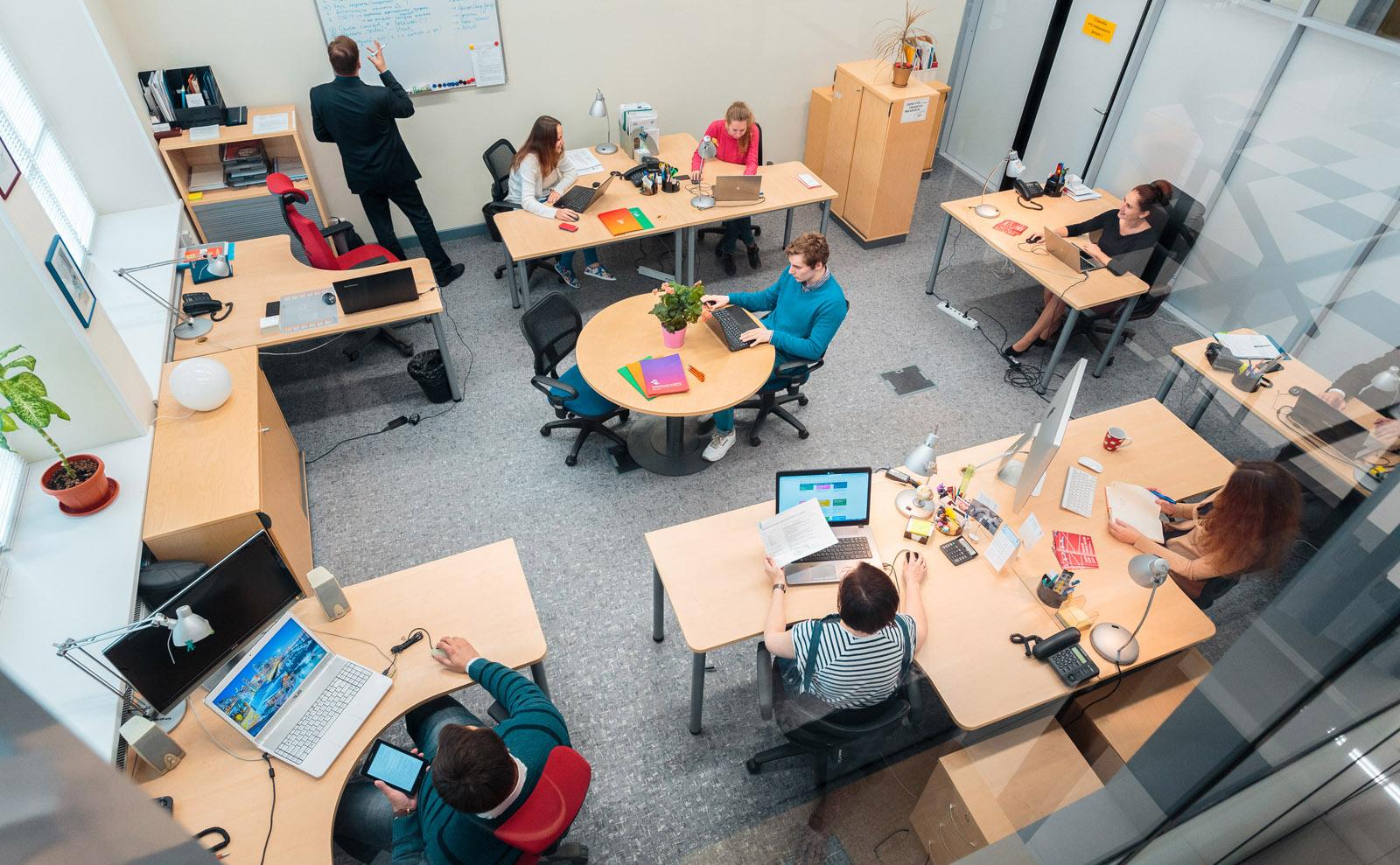
Which Nicosia university should you choose?
To find the best fit for your goals, it's important to decide on a specialization. If you are interested in FinTech, cryptocurrencies, and cybersecurity, the University of Nicosia (UNIC) is the obvious choice.
If you are interested in the natural sciences, consider the University of Cyprus (UCY). For medical studies, the European University of Cyprus (EUC) is the best choice. For those interested in sustainable development, environmental issues, or maritime affairs, Frederick University is a good fit.
Nicosia is in no way inferior to other European destinations. In fact, it surpasses them in some respects. That is why more and more international students flock here every year to gain knowledge, learn about ancient culture, and enjoy new experiences. Ultimately, though, the choice is yours. Nicosia, also known as Lefkosia ("white city"), awaits you with open arms!
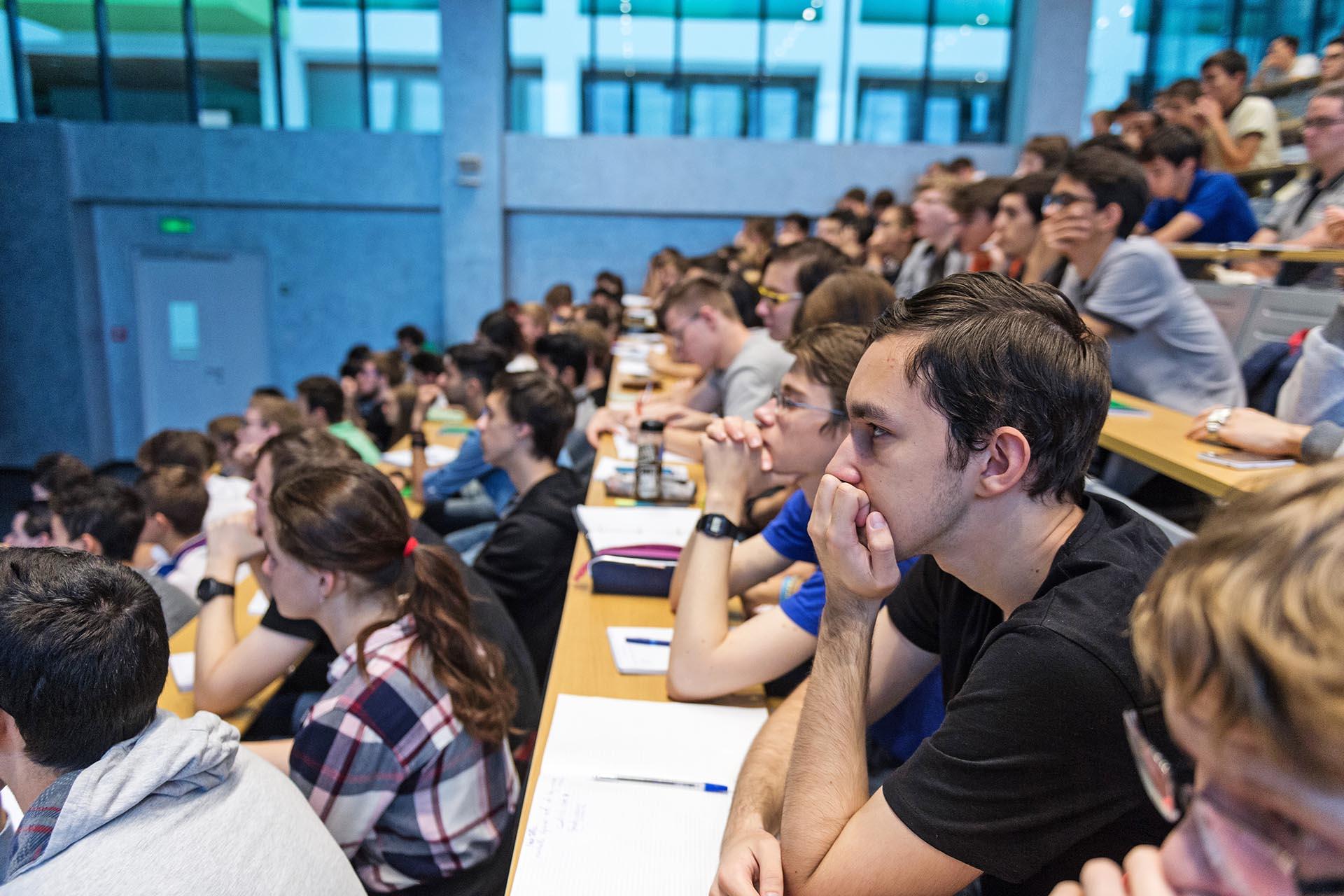
Read also:
- Higher education in Nicosia: what universities are there and who studies there?
- How Much Money Do You Need to Retire in Cyprus Comfortably?
- Schools in Limassol - Our Selection
- Nicosia or London: which city should you choose for a quality higher education?
- Real Estate Options for Digital Nomads in Paphos

